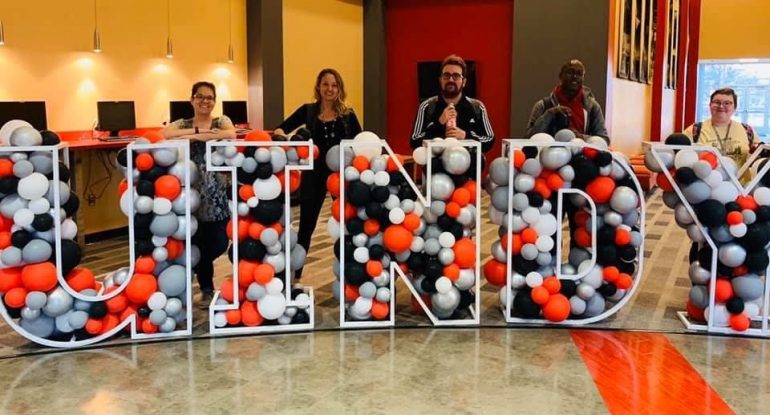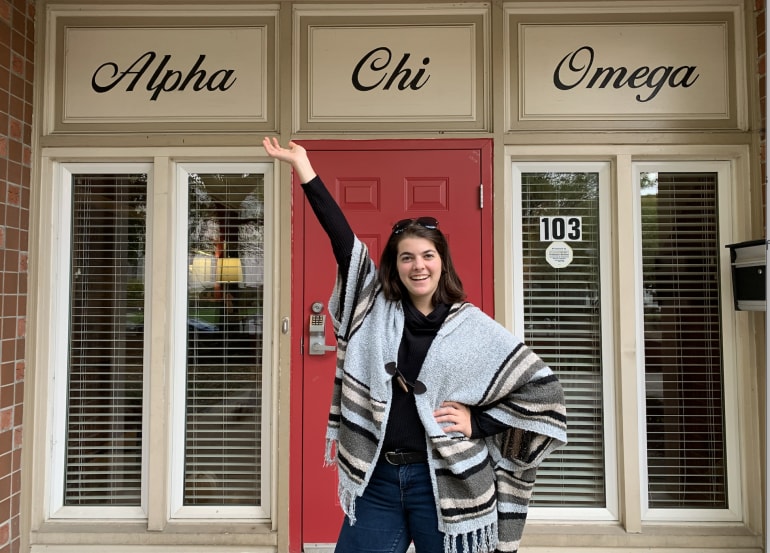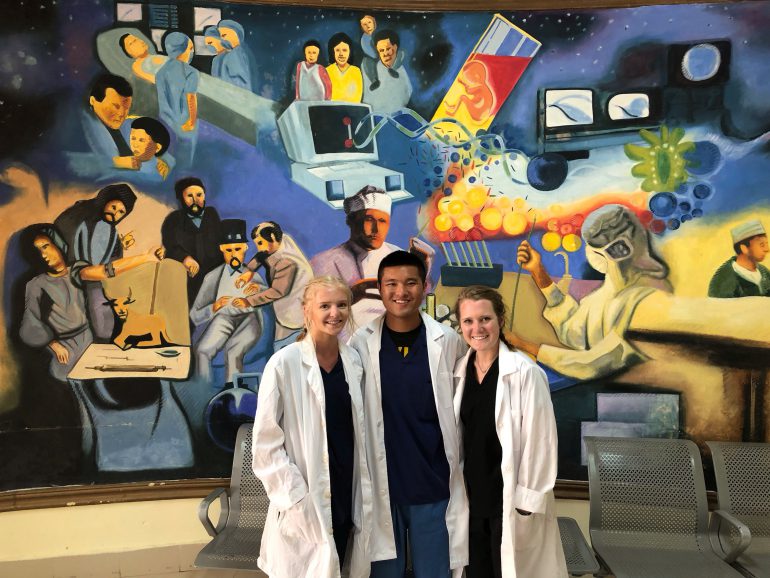
Recovery on campus: Finding support through peers
Harmful substance use continues to be problematic among college campuses in the United States. Binge drinking, depression, and stimulant use are on the rise, resulting in plummeting retention rates and low classroom attendance. Alcohol and marijuana have been pinpointed as the two most frequently used substances by college students, which in turn have been linked with inadequate test performance, drunk driving, hangovers, and suicide attempts.
One intervention that has been effective in combating substance use and co-occurring disorders within a college setting is peer support, found in programs like recovery communities and other support groups on campus. Peer intervention is beneficial when membership is deep-rooted in mutual experiences and respect.
Giving Back
As a student in long term recovery from harmful substance use, I came to University of Indianapolis (UIndy) with an immense gratitude for the opportunity to better myself. Thinking back on my past, I was not always so driven. Childhood trauma, lack of sound coping skills, and weak boundaries led me down a dangerous path. My decisions were less than fruitful, and that reflected outwardly in my life. Thankfully, I have been given a second chance. The combination of the memories of my past and who I have become today led me to my life in recovery.
Giving back has been a vital component of my sustained sobriety. I am driven to carry the message of recovery to those who are still struggling. This idea helped me, along with another UIndy student who is also in recovery, create the Healing Hounds, a peer support group for students struggling with mental health and/or addiction. While we both love the University of Indianapolis, prior to the creation of Healing Hounds there were no services or groups on campus for people in recovery. Initially, we thought we would start a 12-step meeting at UIndy. However, it did not take us long to realize this may not appeal to students. After researching different options, we learned about the Collegiate Recovery Community model that exists on other larger campuses. It offers a safe space for students to talk about recovery. There are no rules. Members do not have to commit to anything. We thought that something similar would be helpful to the UIndy campus.
Continuing to Help Others
Our initial goal was to provide hope by sharing our stories with others like us. Being new to the UIndy campus was a bit of a barrier at first. We both reached out to students in our classes and recruited several students for our first meeting. Surprisingly, we filled our entire Healing Hounds board during our first day. Participation grew with each meeting, so much so that we needed to seek a larger room.
The mission of Healing Hounds is to provide a peer support network to students with mental health issues and/or addictions to drugs, alcohol, food, gambling, and/or sex by providing fellowship and support for students with mental health issues and/or addiction in a non-clinical setting. Healing Hounds promotes holistic wellness and encourages students with mental health issues and/or addiction to live life to the fullest, despite their struggles, in a way only peers, allies, and survivors can.
If you or someone you know is struggling with mental health or addictions, please reach out to a similar organization or hotline. Recovery is difficult, but it can be made much easier with people by your side to encourage you. If your campus does not have an active support group, I want to encourage you to start your own! You never know how many people you can impact through it.

